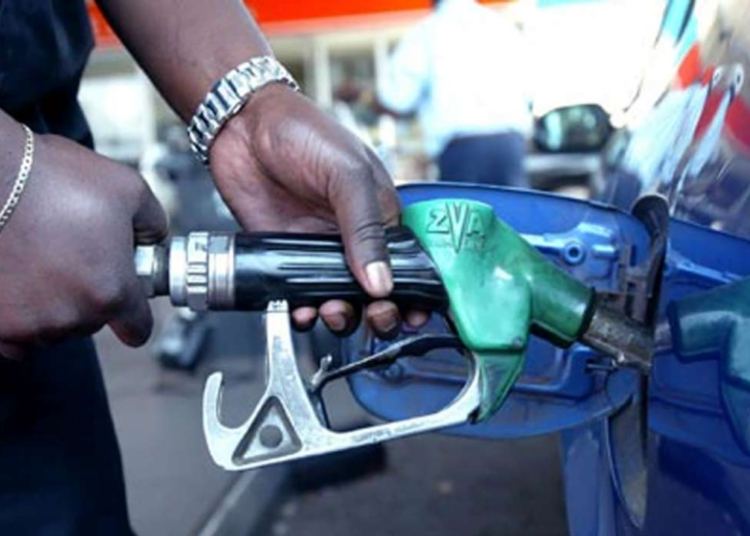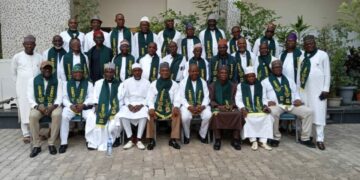The Centre For the Promotion of Private Enterprise (CPPE), has suggested that the Nigerian National Petroleum Company Limited(NNPCL), considers a direct intervention measures by adjusting its petrol pump price as the rise in the price of petrol continues to push up cost of services and rise in prices of food items.
To help cushion the effect of the ongoing hardship occasioned by the petrol subsidy removal, the chief executive officer(CEO) of the centre, Dr. Muda Yusuf, said the company should consider selling petroleum products at a price which is 10 per cent less than that of other private sector marketers.
This, in his view, is to demonstrate the desired social sensitivity by the government in this transitional phase of the subsidy removal and that it is also of great symbolic significance to do so.
Yusuf noted that the government must be seen to be concerned about the social outcomes of this reform and this is without prejudice to the new status of the NNPC as public Limited Liability Company.
He, however, said the government should immediately entrench competition in the importation and refining of petroleum products to put an end to the current monopoly structure of supply of petroleum products in the country.
He noted that the NNPCL is currently a monopoly supplier of petroleum products which is partly responsible for exploitative pricing of petroleum products – diesel, aviation fuel and petrol, pointing that the best strategy to protect consumers in any economy is to create a good and sustainable competition framework.
He also said, since the new policy is affecting operators in the transportation industry, there is urgent need for the government to consider introduction and immediate implementation of key fiscal measures.
He suggested that import duty, Value Added Tax, VAT and other port charges on Semi Knocked Down, SKD, parts for the assembly of mass transit buses should be waived.
This, he explained, would not only make mass transit buses cheaper; but would also enhance industrial capacity utilization of the vehicle assembly plants in the country.





